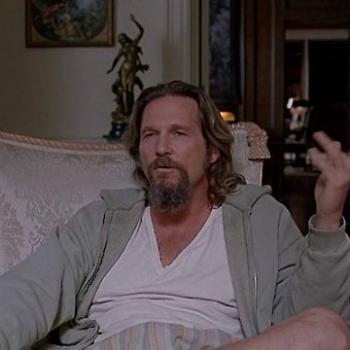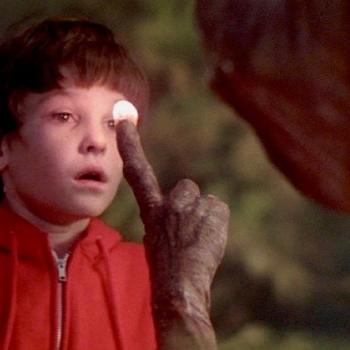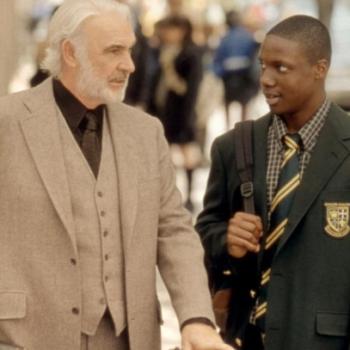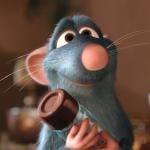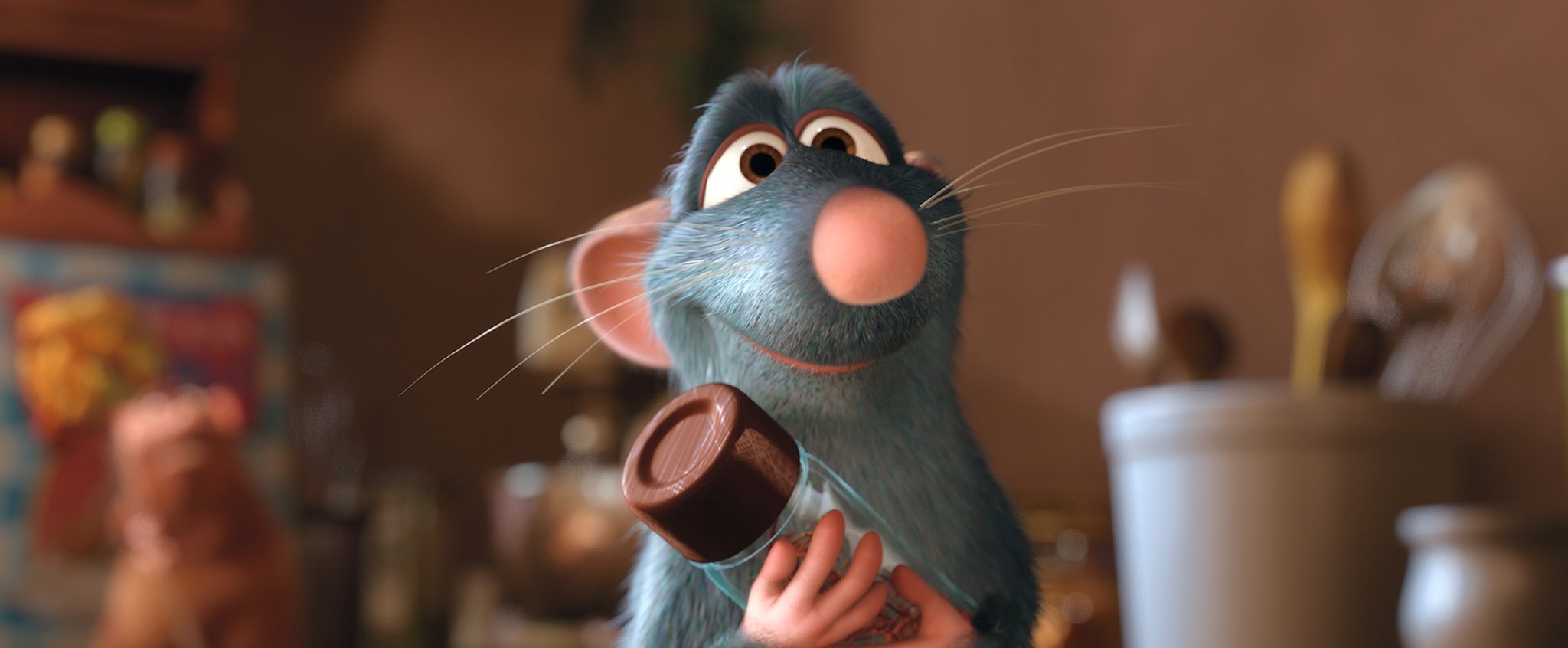
The best of us have, at times, felt like we belong in spaces that do not welcome us. Or perhaps we are drawn to interact in spheres that repel our influence. Me? I’m just some Utah kid who didn’t even see Jurassic Park until his senior year but always felt drawn to the world of film, some Utah kid who dared to imagine he would ever have something to say about movies that others ought to listen to. Others, like Moses, have been called to rebuke rulers and lead peoples from bondage.
Great things happen when a person chooses to overcome their reservations and heed the voice telling them they can accomplish marvelous works outside their natural element. And I’m going to spend a moment today discussing this phenomenon through the lens of one of Pixar Animation’s greatest films, Brad Bird’s Ratatouille.
Now, compared to something like Moses freeing the children of Israel, Remy’s “calling” is more along the lines of personal fulfillment than social obligation. (Though, are any of us worse off anytime someone chooses to live as their best self? To model the bravery it takes to live authentically?) But I want to draw some parallels just the same.
As a rat with an aptitude for cooking, Remy is very much out of his element–nobody wants to see a rat in the kitchen. But he has both profound talent and enthusiasm for crafting delicious dishes. And so when the opportunity presents itself, he puts on his tog and goes to work.
There are all sorts of obstacles that get in the way of Remy pulling this off. His own father doesn’t want him fraternizing with the humans, Chef Skinner doesn’t want to relinquish control of the kitchen, and frigid food critic, Anton Ego, is a vocal opponent to Gusteau’s entire ethos that “Anyone (even a rat) can cook.” Oh yeah, and everyone’s first instinct at seeing a rat in a kitchen is to chase it with a broom.
Part the way Remy overcomes this is by allying himself with fellow fish-out-of-water, Linguini. There’s a part early on when Remy is about to take advantage of Linguini’s kindness and run off after he spares him, leaving Linguini without a defense the next time he has to return to the kitchen to recreate Remy’s soup. But at the last moment, Remy takes compassion on Linguini, recognizing in him a kindred soul.
And this friendship winds up being something of a saving grace for the both of them: Remy provides the talent, Linguini provides the human face. Together, they bring magic back to Gusteau’s kitchen. In the process, Remy gets to harness his gift and create some of the most delicious food in Paris, and Linguini gets the confidence to pursue a romantic relationship with Colette. Part of believing in yourself and your mission entails learning to see the potential in others as well–even if no one else will.
What really sets Remy apart from the other members of his clan isn’t even really just his cooking ability. It’s his belief that things can be different–his capacity to aspire. By daring to imagine that things can be better.








